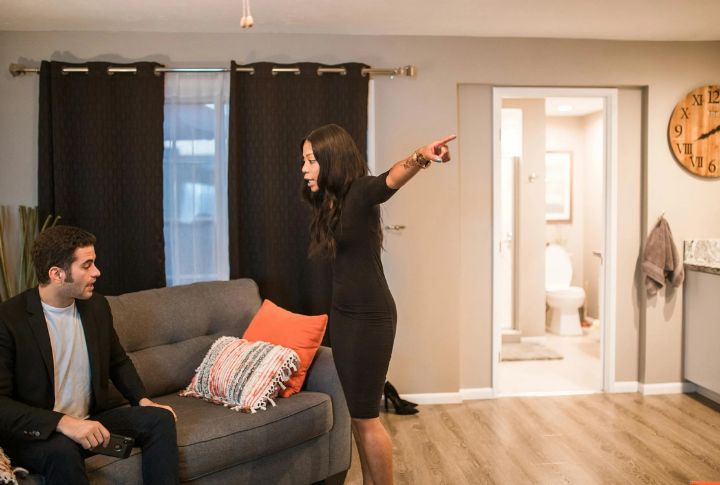
Certain phrases carry more weight than they seem to at first. They come out naturally, almost like habits, but often point to something deeper, shaped long ago. In many cases, the way people speak can offer quiet clues about their upbringing, especially in homes where control was the norm. Here’s what to listen for.
I’ll Do Whatever You Think Is Best

When childhood means pleasing others to stay safe, decision-making can feel loaded. Saying this often means someone learned early that having preferences led to pushback. They’re not always going along to be nice; they’re stuck in patterns shaped by past conflict, where deferring to someone felt like the only way to keep things from escalating.
I Should Have Known Better

This phrase isn’t a casual regret; it’s a line shaped by years of pressure to be flawless. If mistakes meant punishment, or worse, shame, then self-blame starts sounding like a reflex. The fear of messing up never really fades, especially for a person raised to believe anything less than perfect is a failure.
I’m Sorry, I Didn’t Mean To Cause Trouble

Picture this: someone says sorry before you’ve had time to react. That’s not manners—it’s survival. Growing up in a household where tension simmered beneath the surface teaches you to put out fires before they start. Hence, apologizing becomes instinct, even if all you do is speak your mind.
It’s Fine, Really, I Don’t Need Anything

Instead of asking for comfort, they wave it off. Not because they don’t need the help; it’s because asking never led anywhere helpful. If voicing needs leads to disappointment or silence early on, adults often learn to stop asking. Most of the time, staying quiet starts to feel easier than risking another letdown.
I Have To Check First Before I Decide

Growing up needing constant approval can leave someone unsure of their judgment. The quick “let me check first” comes from habit, not politeness. When every decision once requires permission, the freedom to choose for yourself doesn’t come naturally, even with simple things.
I Just Want To Avoid Drama

This might sound like a way to keep the peace, but it often comes from fear. In strict homes, speaking up could lead to trouble. So, staying quiet felt safer. Avoiding drama usually means someone learned early on that calm only comes when nothing stirs things up.
I Don’t Know What I Want

For someone raised without the freedom to explore their likes or feelings, preference becomes a puzzle. Having your choices decided for you makes it hard to find clarity later in life. It’s hard to name your wants if no one ever asked what they were.
I’m Used To Walking On Eggshells

In homes where outbursts could happen without warning, you adapt. You tiptoe around moods, watch your words, and avoid drawing attention. Over time, this becomes a habit. Being overly careful wasn’t a choice—it was the only way to stay safe in an unpredictable environment.
If I Don’t Do It Perfectly, It’s Not Worth Doing

Doing something halfway never seems right—it must be perfect, or starting doesn’t make sense. Such pressure didn’t appear out of nowhere. It comes from growing up in an environment that magnified mistakes and praised only flawless results, leaving little room for trial and error.
I Feel Guilty When I Relax Or Do Nothing

The chores are done, your calendar’s clear, and still, you feel uneasy. That’s what happens when rest is never rewarded in your childhood. In homes where productivity meant worth, slowing down triggers guilt. Thanks to years of hearing that being still wasn’t allowed, even downtime feels like slacking off.

